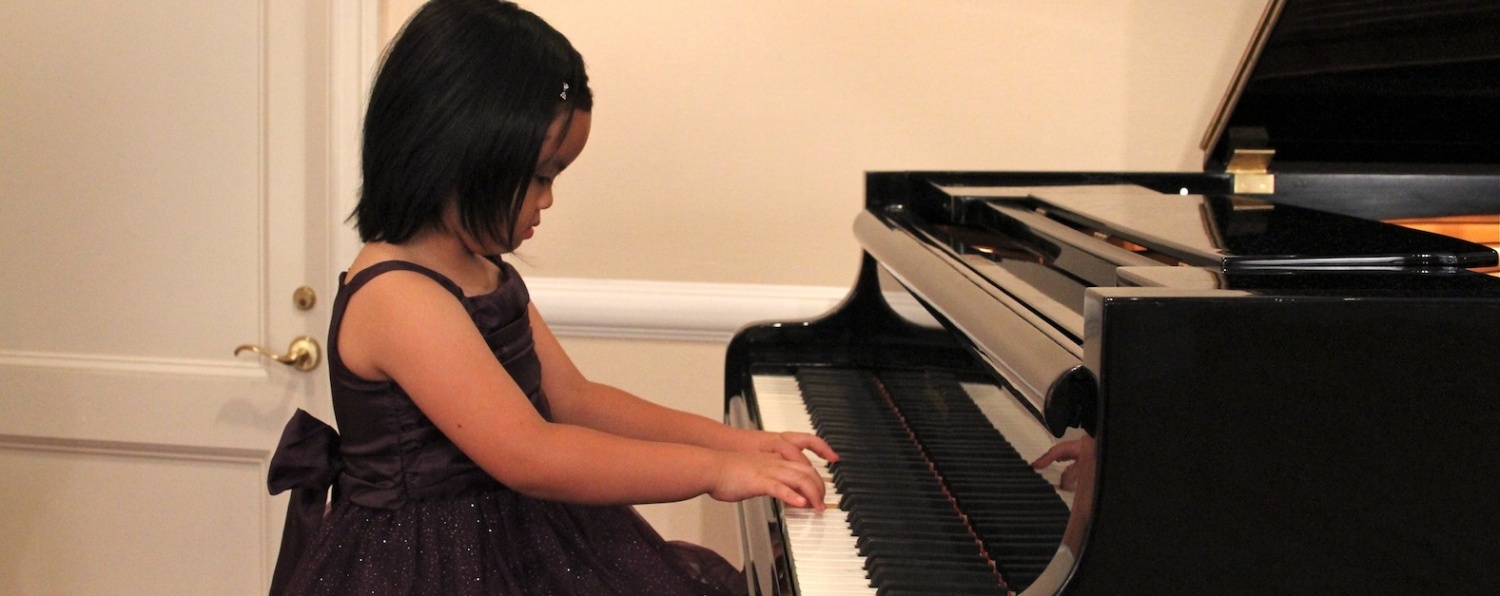

Piano as the perfect instrument to start learning music....
Maybe because I’m a pianist (… meaning only a person who plays this instrument, and not e.g. another one…) I strongly feel that piano is “the” perfect instrument for everybody – really young or adult – to start learning music. Many times we hear that the piano is the “king” of all instruments, and I think there is a reason for that. Or maybe more than just one…?
Let’s see….
Since you have all the notes are laid out in a linear order in front of you – and you don’t need to produce them like, for example, on the violin – it provides a much better overview on music notation and music theory, that helps to understand what and why you really do (or don’t do) in music.
It can be the perfect tool helping in the development of really young children – they can easily produce the sound (unlike on some other instruments), helping the improvement of fine-motor skills, a good ear to music, as well as it provides an “intellectual game” for them.
(If you spend just 1 minute on the internet, you can find endless amount of articles published about endless amount of researches conducted on the positive effects in brain development as a result of learning an instrument).
Of course, this “intellectual game” is there for every piano player, regardless of age. In it, you do something that you don’t do in everyday life. You learn to think in and listen to “multiple channels” – dividing your attention not just in between the 2 hands, but your feet; you have to focus on fingering, rhythm, melodic line, sound quality, etc. that are all different between right and left hand. If we do the math and add up how many different things go on in our brain and body simultaneously when playing the piano, one would say it’s not even possible to do…. but it is!
Have you ever heard “practice makes perfect”?
It’s a no-brainer, but on the piano you have to use both hands equally, and every finger works just as hard as the other (… just think of how differently e.g. a cello player’s hands are used…), developing again exquisite fine-motor skills.
Constantly dealing with multiple layers of sounds – coming from right and left hand (where right hand is usually the melody and left hand is the accompaniment, many times with chords with a ton of notes in them) – let pianists easily acquire the skill of symphonic thinking, meaning imagining and hearing sound as it was played by an orchestra, and the many different instruments in it. This develops sensitivity of touch, musicality and expressivity.
When you read a piano score, it is like reading two different languages at once. Can you do that?
Well, the list can go on about the benefits of learning to play an instrument – here, in particular, the piano.
My intention was just to highlight a few, without the urge to prove you that piano is “the one and only”, since that would not be true!
Of course, every other instrument has the same amount of positive effects not just on the player, but (hopefully) on the listener, too. And the world of music would not be round with just piano in it, so please go ahead and play any other instrument of your choice or preference – they are ALL beautiful.
I wish I could play some other ones, too……!